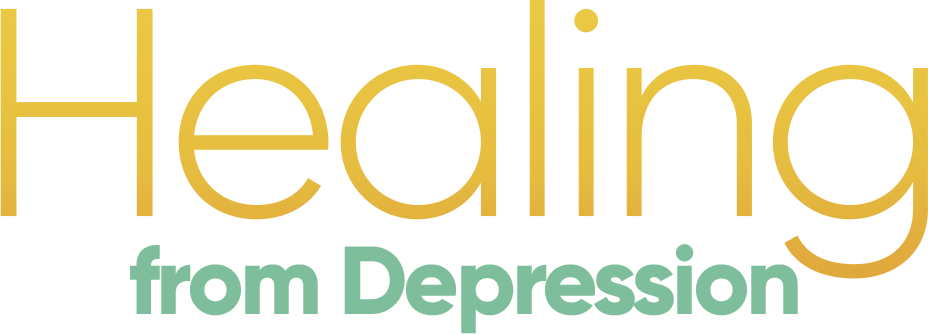
Using the Principles of Addiction Recovery to Heal From Depression
“Religion is for people who are afraid of going to hell.
Spirituality is for people who have already been there.”
Alcoholics Anonymous
Although I have never suffered from a drug or alcohol addiction, during my episode of depression I often turned to the principles of the recovery movement and the 12 Steps of AA as a source of healing and spiritual inspiration. This was no accident, for I now see a direct correlation between recovery from alcoholism/addiction and recovery from mental illness.
To begin with, a substantial number of people with mental illness also suffer from drug and/or alcohol abuse. While13.5 percent of the general population suffers from alcoholism, 22.3 percent suffer from both alcoholism and psychiatric disorders. One reason for this relationship is that many people with anxiety and depression turn to alcohol and drugs to alleviate their pain and lift their mood.
For example, I’ll never forget the moment in one of my support group members said that she had smoked pot every day for the past three years because she was anxious and couldn’t get to sleep. Another bipolar member said he used methamphetamine because it took him out of his depression and gave him energy. And a young friend tells me that he smokes marijuana because his ADD mind is going at 1,000 miles an hour and pot helps him to slow down.
This is how their addictions started, as an attempt to self-medicate. As a recovery counselor told me, “the dis-ease of anxiety or depression can make one vulnerable to the disease of addiction.” In fact, the parallels between the two conditions are so great that some researchers see them as underlying aspects of the same disorder.
Fortunately, because addiction and mood disorders are interconnected, they can be treated using similar modalities. In her book Potatoes Not Prozac, psychologist and recovering sugar addict Kathleen DesMaisons shares her discovery that the same diet that she developed to prevent relapse into alcoholism also works to heal depression and mood swings. This nutritional program eliminates simple sugars from the diet and recommends three meals a day, spaced no more than five hours apart, each with a serving of protein the “size of one’s fist.” This allows the body to metabolize sugars more slowly, eliminating sugar cravings and producing a more even mood throughout the day.
In addition to their biochemical similarities, both addiction and depression have a number of psychological and spiritual parallels. In both disorders, the sufferer is dealing with a force that is outside his or her control. As Step One of the 12 steps states, “We admitted we were powerless over alcohol—and that our lives had become unmanageable.” In a similar fashion the severe psychiatric symptoms of clinical depression cannot be healed through willpower alone. One cannot “snap out” of being depressed.
In addition, healing from addiction/depression is not a one-time event. The person who has stopped drinking does not refer to himself as a recovered alcoholic or an ex-alcoholic but a recovering alcoholic. Similarly, staying free from depression is an ongoing process. This understanding leads both the alcoholic and the depressive to live life “one day at a time,” doing what is necessary to stay sober and manage symptoms each 24 hours.
Another key to recovery from addiction is the Serenity Prayer. It reads, “God, grant me the serenity to accept the things I cannot change, the courage to change the things I can, and the wisdom to know the difference.” Likewise, the depressed person must learn to accept those things that are outside his or her personal control—for instance, genetics and temperament—and then change the things that he or she can control—attitudes, behaviors, diet, exercise, willingness to seek help, and so on.
Finally, the “better mood recovery program” I discuss on this web site that I created for people suffering from depression is also ideally suited for those recovering from drug and alcohol abuse. The self-care strategies that I outline such as diet and nutrition, exercise, social support, prayer, structure and routine work remarkably well in helping those in recovery to maintain their sobriety. Clients tell me when they use these strategies to create physical, emotional and spiritual well being, they are less like to turn to mood-altering chemicals as a way to escape their pain.

